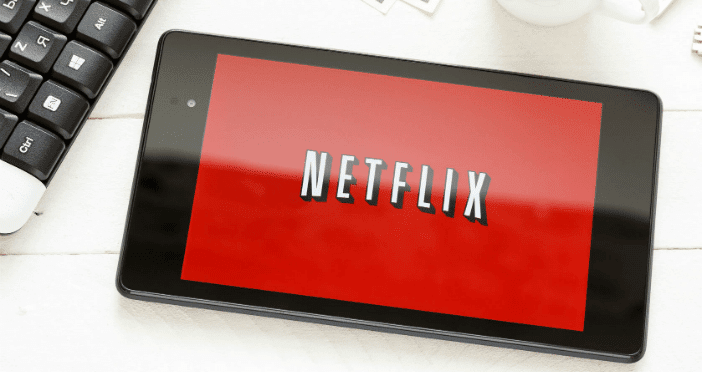In addition to becoming a dominant force in streaming video content and production, Netflix has also emerged as a strong advocate for net neutrality and consumer access to unlimited data.
While this clearly serves Netflix by removing any subscriber barrier to streaming, the company has taken a broader view on how the co-existence of internet-based and liner television should inform broadband policy.
In a Sept. 6 letter to the Federal Communications Commission, Netflix Manager of Global Public Policy Joshua Korn writes that when service provider cap data or adhere to a usage-based pricing model, they effectively “discourage a consumer’s consumption of broadband, and may impede the ability of some households to watch internet television in a manner and amount that they would like.”
Korn says that’s “inconsistent” with Section 706 of United States Code, which tasks the FCC with determining “whether advanced telecommunications capability is being deployed to all Americans in a reasonable and timely fashion.”
Subscribe now to get the daily newsletter from RCR Wireless News
In his letter, Korn references a 300 gigabyte per month data cap is not sufficient to “meet the internet television needs of an average American,” let alone also support other web-based activities like shopping, emailing or social media.
While he doesn’t name check Comcast, the Philadelphia-based service provider charges an additional monthly fee when subscribers in some markets – Orlando, Atlanta, Miami, and a handful of others – exceed 300 GB of monthly data use. Korn urges the FCC to consider how data consumption is evolving as it consider data speed benchmarks required of broadband providers.
“The commission should stand ready to adopt a higher benchmark in future reports. Today, consumers are less likely to use their mobile broadband connection to stream video on multiple devices at once, but as consumers increasingly expect mobile to substitute for fixed-line connections, the commission’s criteria in this proceeding should track this evolution,” Korn wrote. “Additional bandwidth will be necessary to support simultaneous streaming and 4K capability when wireless fix-line substitutability become a reality. Indeed, for some households, mobile broadband is already the the only wan consumers can access internet video.”
